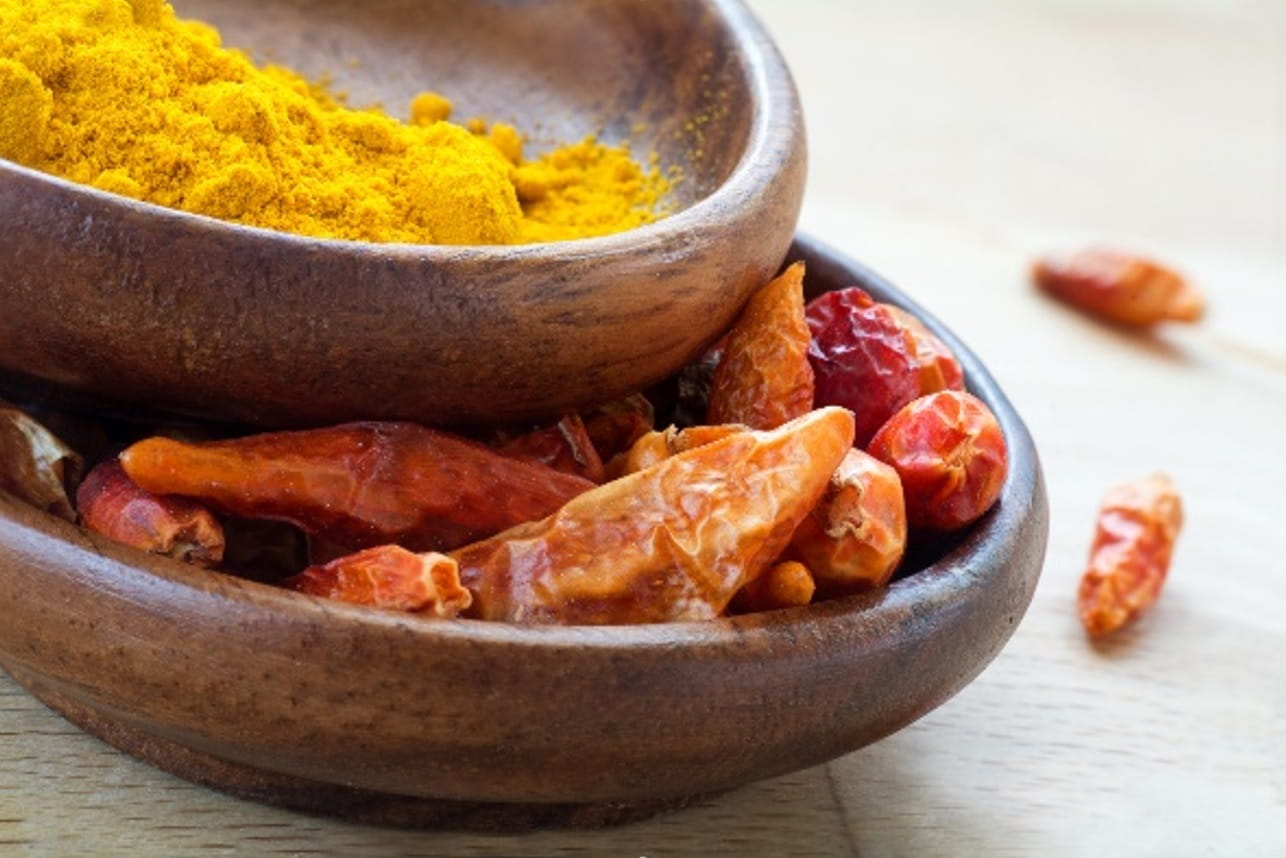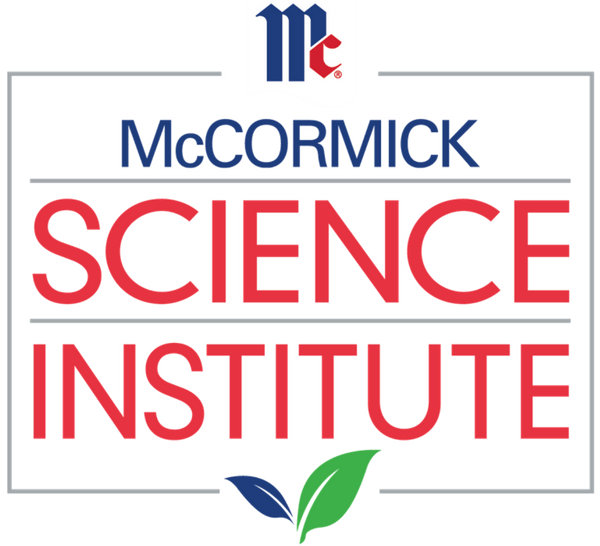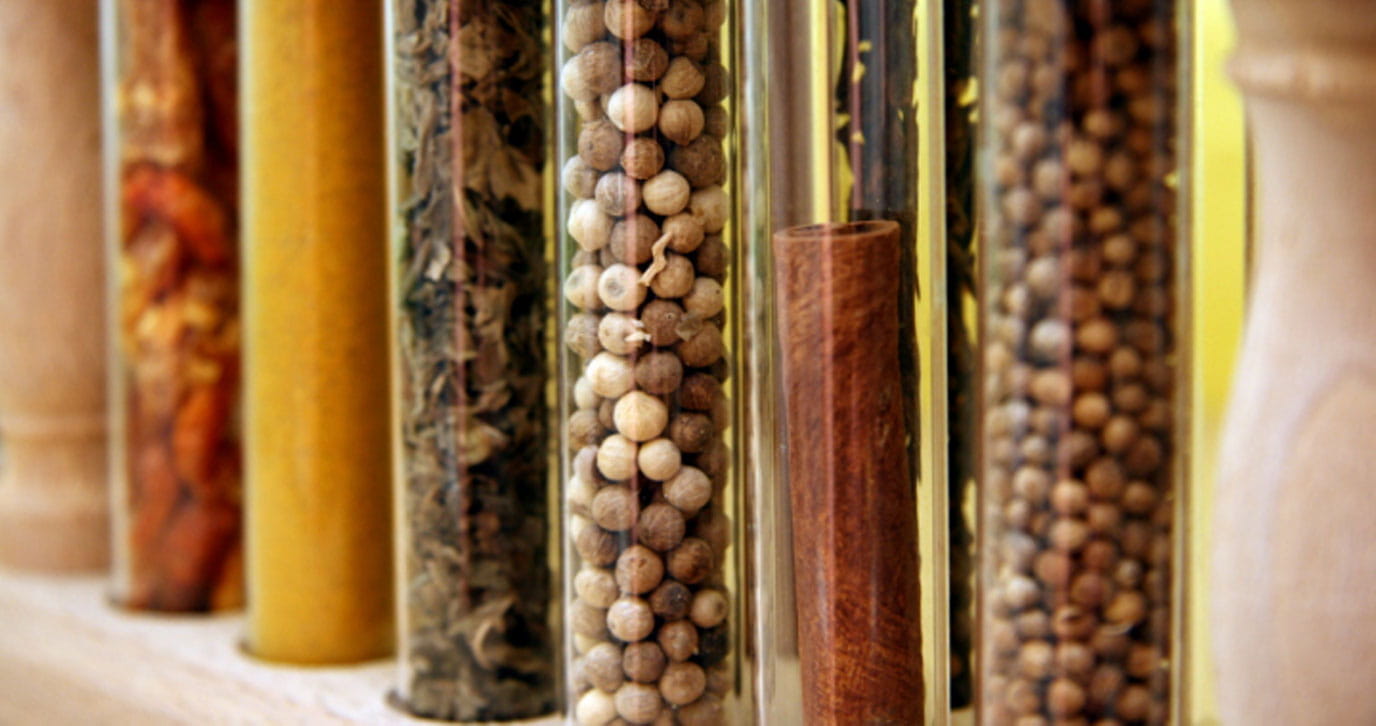November, 2024
Nutrition Education in Primary Care: Comparing Video vs Handout InterventionsInfluence of Red Pepper Spice and Turmeric on Inflammation and Oxidative Stress Biomarkers in Overweight Females
Nieman DC, Cialdella-Kam L, Knab AM, and Shanely RA

November 2012-- Scientists from the Shanely Human Performance Lab at Appalachian State University researched the effects of red pepper and turmeric on inflammation and oxidative stress.Link to the abstract
Overview
The study hypothesized that supplementation with red pepper or turmeric would reduce inflammation and oxidative stress, and improve vascular function in free-living, overweight females with underlying chronic inflammation (CRP≥2 mg/l).
Methods
Utilizing a randomized, doubled-blinded, placebo-controlled, crossover design (2-week washout), 4-week supplementation with red pepper (1 g/d) or turmeric (2.8 g/d) was tested for influences on inflammation and oxidative stress in 62 overweight/obese (body mass index≥27 kg/m2) females (40–75 years) with systemic inflammation (C-reactive protein, CRP≥2 mg/l). Overnight, fasted blood samples were collected pre- and postsupplementation, and analyzed for oxidative stress (F2-isoprostanes, oxidized low density lipoprotein), inflammation (CRP and seven inflammatory cytokines), and metabolic profiles using gas chromatography–mass spectrometry with multivariate partial least square discriminant analysis (PLS-DA).
Results/Conclusions
Pre- to post-supplementation measures of inflammation and oxidative stress for both RP and TM did not differ when compared to placebo (all interaction effects, P>0.05), and global metabolic difference scores calculated through PLSDAwere non-significant (both spices, Q2Y<0.40).
These data indicate that 4-week supplementation with RP or TM at culinary levels does not alter oxidative stress or inflammation in overweight/obese females with systemic inflammation, or cause a significant shift in the global metabolic profile.






